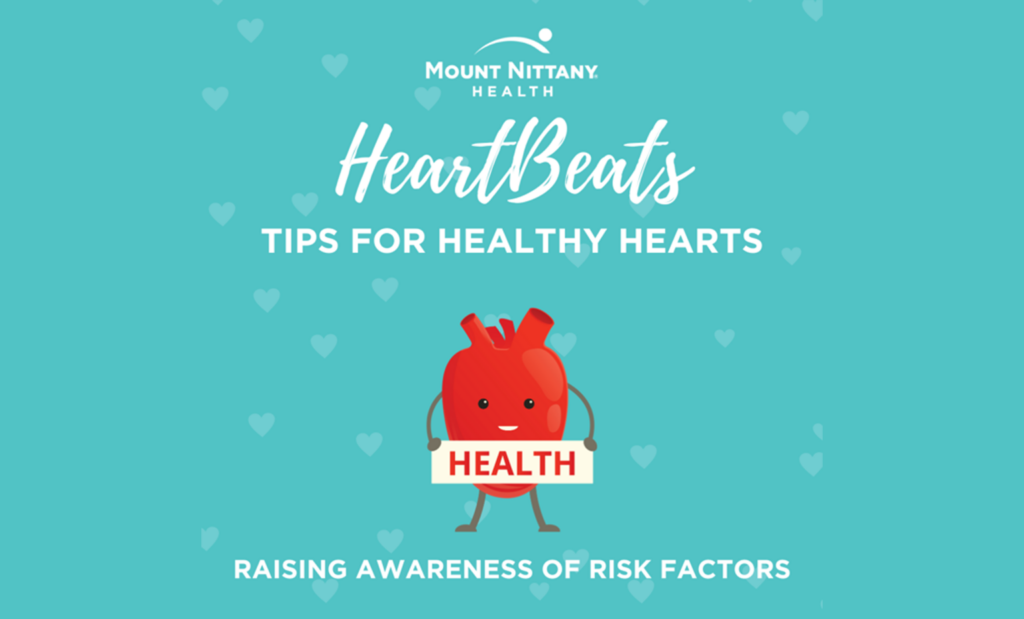Cardiology
Discover more about Cardiology, including locations and providers, at Mount Nittany Health
Heart disease is one of the leading causes of death worldwide, and knowing the risk factors associated with it is crucial for maintaining good heart health. Understanding the risks and taking proactive steps to manage them can help reduce the likelihood of developing heart disease, leading to a longer and healthier life.
8 Things to Know About Heart Disease Risks
- Know your family history: If someone in your immediate family has heart disease, you may be at increased risk. Knowing your family history is an important step in understanding your own risk factors.
- Monitor your blood pressure: High blood pressure is a major risk factor for heart disease. Regular monitoring and management of your blood pressure can help lower your risk.
- Keep your cholesterol levels in check: High cholesterol levels can contribute to the development of heart disease. Monitoring your cholesterol levels and making healthy lifestyle changes can help reduce your risk.
- Maintain a healthy weight: Being overweight or obese can increase your risk of heart disease. Eating a healthy diet and exercising regularly can help you maintain a healthy weight.
- Quit smoking: Smoking is a major risk factor for heart disease. Quitting smoking can help reduce your risk of heart disease.
- Manage stress: Stress can contribute to the development of heart disease. Learning stress management techniques, such as meditation or deep breathing exercises, can help you manage stress and reduce your risk.
- Get enough sleep: Poor sleep habits can increase your risk of heart disease. Aim for seven to eight hours of sleep each night to reduce your risk.
- Stay active: Regular physical activity can help reduce your risk of heart disease. Aim for at least 150 minutes of moderate intensity exercise each week to help keep your heart healthy.


